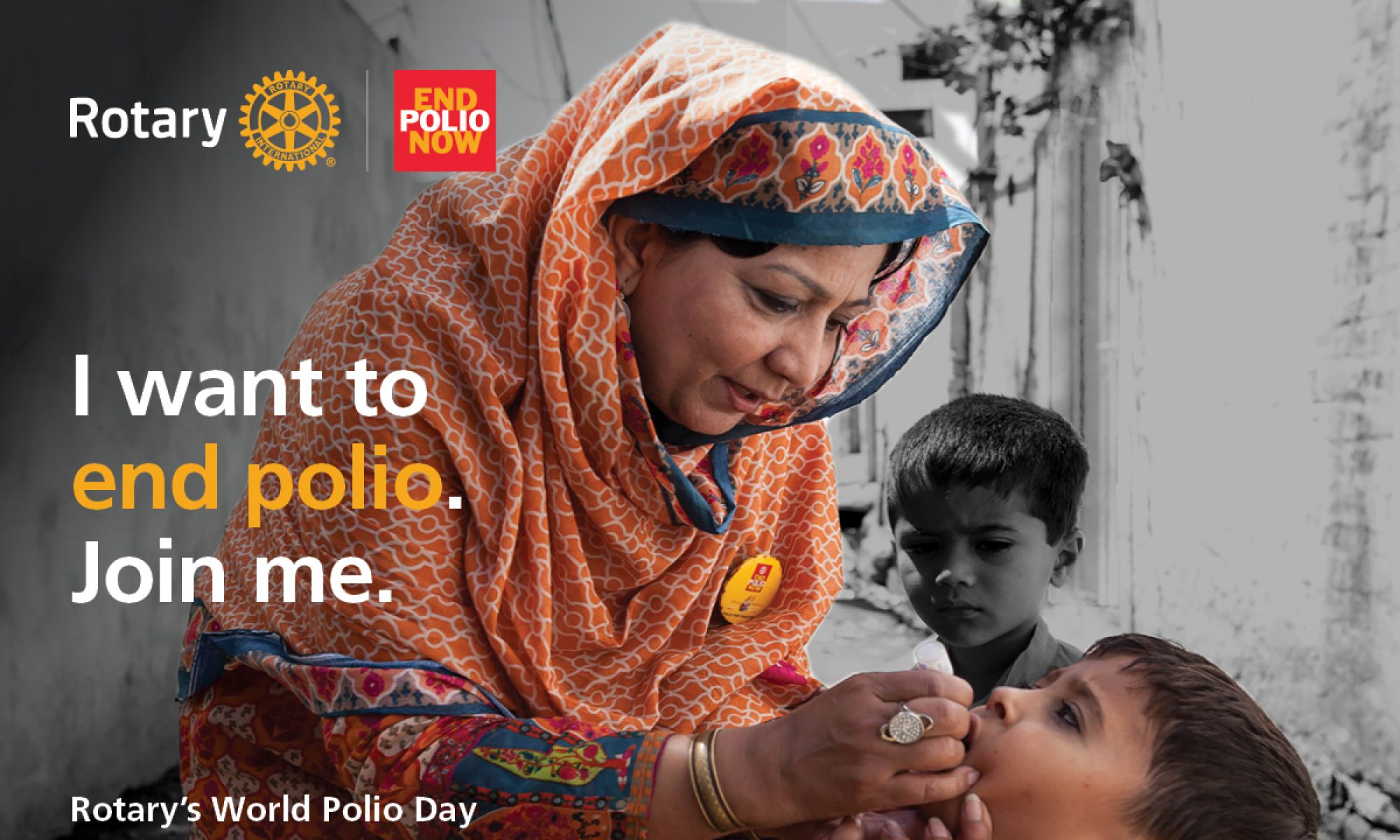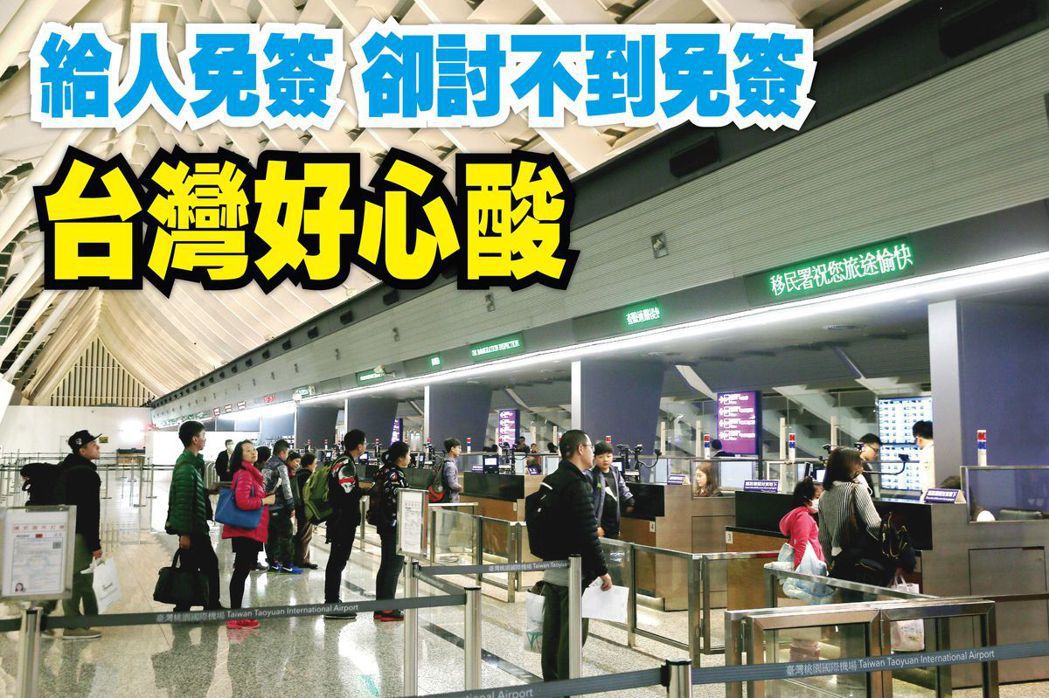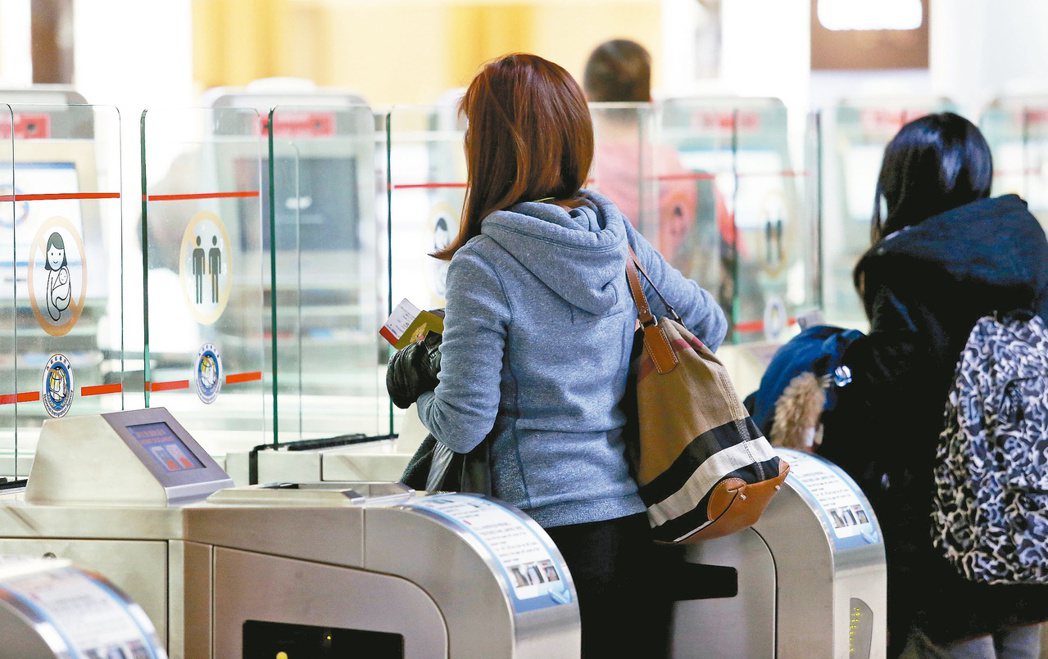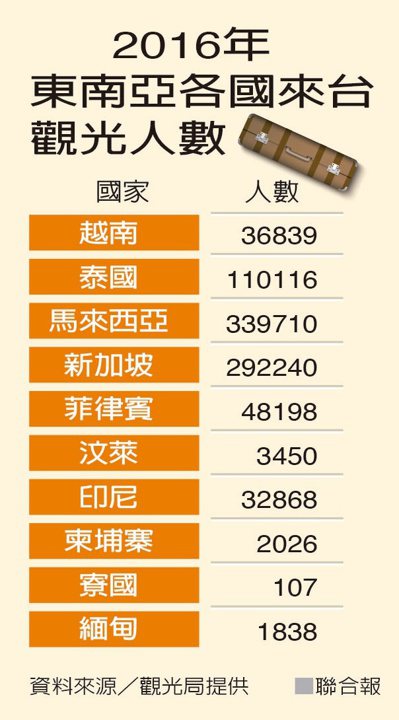Rotary members in a small town of Nova Scotia, Canada, took action to bring two families from war-torn Syria to their country, where the refugees are starting a new life.
By Ryan Hyland Produced by Andrew Chudzinski
This explosion was close – much closer than the others that had rattled the village on the outskirts of Homs, Syria, where Sultanah Alchehade lived with her four young children. This one hit the school next door, blasting out one of the walls of their house.
Alchehade grabbed the children and ran into the night and the choking smoke and dust. A neighbor helped her carry her three-year-old twin boys, Mounzer and Kaiss; another drove the pickup truck they all clambered into. Over the next several days, as bombs continued to fall, the family – including daughters Kawthar, age six, and Roukia, a baby – took refuge in a nearby forest, sleeping under the trees as Sultanah tried to figure out their next move.
In neighboring Lebanon, Sultanah’s husband, Mazen, frantically tried to contact his wife. For years, Mazen had shuttled back and forth across the border every few weeks to do construction work on high-rise buildings in Beirut. While the jobs provided an income for his family, he says, the separation was hard. But their situation had just gotten much harder.
With the Syrian civil war now engulfing his village, Mazen couldn’t return. And it would be four months before his wife and children could cross into Lebanon.
Eventually, the family was reunited. They were alive. But they were refugees, seeking asylum in any country that would take them, hoping to get far away from the violence that had driven them, along with millions of other Syrians, into foreign lands.
The Alchehade family registered with the United Nations High Commissioner for Refugees (UNHCR), the agency responsible for resettling Syrian refugees, and waited. They were still in Lebanon nearly three years later.
Meanwhile, 8,000 kilometers away, Rotarians in the small town of Amherst, Nova Scotia, were watching images of Syrian refugees on television and looking for ways to help.
A new culture
In September 2015, members of the Rotary Club of Amherst were thinking about their next international project. Over the years, the group has helped build and equip a school in South Africa, provided educational materials to students in the Bahamas, and raised funds for disaster-stricken areas around the world, but their thoughts turned to Syria as the plight of refugees dominated the news.
“We as Rotarians couldn’t ignore what we were watching each and every day,” says Ron Wilson, a semiretired civil engineer. “Families dying while making their journey to Europe or other places. Families desperately trying to flee war and, sadly, their homes. The heart-wrenching images were the impetus for our club to do something.”
Ann Sharpe had joined Rotary specifically to get involved with projects to help refugees. In May 2014, she had attended the wedding of some friends in Turkey, which has taken in nearly 3 million Syrian refugees since 2011, more than any other country. While in Istanbul, Sharpe saw refugee children on the streets begging for food or money.
“I felt so guilty because I couldn’t do anything. It really touched me in a way that I never felt before,” Sharpe says. “We are fortunate that we don’t see those types of things in Canada. For me, Rotary was the best way to do something about this.”
In November 2015, Canada’s newly elected Liberal government began welcoming Syrian refugees in larger numbers. The country pledged to grant asylum to 25,000 refugees by the end of February 2016. By February 2017, the total had surpassed 40,000.
Bill Casey, a Liberal member of Parliament for Cumberland-Colchester district and an Amherst resident, endorses the move. The country’s willingness to accept refugees, he says, will lead to a multicultural renaissance in communities and neighborhoods across Nova Scotia.
“We’re excited to have exposure to a new culture because there hasn’t been much immigration here in Nova Scotia for the last 100 years,” Casey says. “When Syrians come to Canada, many start a business. I think opening our doors to refugees will be something we can be proud of and learn from.”
At Sharpe’s first Rotary club meeting, members started to put together a plan to bring a Syrian family to Amherst. Her enthusiasm about the initiative led the international committee to make her a co-chair of the refugee project that night.
The club began by gauging the community’s interest in the project. They learned that two local churches, First Baptist and Holy Family, were also looking for ways to support refugees.
There was a logistical benefit to working with the churches: Both are sponsorship agreement holders, meaning they signed an agreement with the government to bring refugee families into the country – something that would take the Amherst club two years to obtain. In return, the club handled administrative tasks, communicated with the Canadian government, and led fundraising efforts. It also donated $5,000 in seed money to get the project off the ground.
“Because of the organization that Rotary offered, it was a no-brainer for us to partner with them,” says Frank Allen, a member of the Holy Family congregation and of the project’s steering committee. “This took such a weight off us; we were able to concentrate on other parts of the project. It was a gift.”
Sharpe says the club members did their due diligence but didn’t overthink things.
“Just take a leap of faith and do it,” she advises clubs considering a similar project. “If we had thought it through too hard, we might have convinced ourselves not to move forward. But we all knew we were doing this for the right reasons.”
The Canadian government administers the Blended Visa Office-Referred Program, which matches refugees identified by the UNHCR with private sponsors. The program provides up to six months of financial support, while private sponsors provide another six months’ worth of funding as well as up to a year of social support, including translation services, language training, and employment counseling.
Within a few months, the partnership between the Rotary club and the two churches raised enough funds to sponsor one family – a minimum of $27,000 per family is needed, the government estimates – and they filed the paperwork to be matched with a family. The group raised more than $72,000.
The Canadian government and the UNHCR conduct an intense vetting process for refugees being considered for potential resettlement in the country. It includes biometric and fingerprint checks, health assessments, document verification, and several in-person interviews.
But successfully integrating a refugee family into a community takes more than paperwork and tests; it hinges on the community’s acceptance. The Amherst group held a public meeting in November 2015 at a local school to inform residents about the project, answer questions, and gauge opinions.
“There was zero resistance,” says Sharpe. “We didn’t know what to expect. There were many people in the country wondering if there was a security issue with bringing in refugees from Syria. I can honestly say I can’t believe how much the community embraced the project. They came out with donations, in-kind support, furniture, and anything we asked of them.”
With the Amherst community firmly behind them, the club welcomed its first Syrian family, the Latifs, in January 2016. The success motivated the group to work on bringing over a second family.
In August of that year, the Alchehade family boarded a plane for Canada to become group’s second family. Their long journey to a new home had ended. Their journey into a new life was just beginning.
Rebuilding a life
Amherst is a sleepy Canadian town of about 9,000 that lies on the eastern boundary of the picturesque Tantramar Marshes, one of the largest salt marshes on the Atlantic coast. The streets surrounding its five-block-long main thoroughfare are lined with ornate Victorian homes. The nearest fast-food and grocery chains are two miles away.

While many Syrian refugees prefer to settle in Toronto or Montreal where there are more resources and jobs, the Alchehades wanted a smaller community, like the one where they had lived in Syria. There, they had land where they grew almonds and olives, and raised cows, goats, and sheep.
The family arrived in Amherst with what they could carry. Most of the furnishings in their new home, a two-bedroom apartment in a modest house on a street that dead-ends at the marshes, are donated.
The four children are energetic and open with one another and the Rotary members who visit.
They love playing in the snow and singing the alphabet song, which they quickly learned from English tutors who regularly visit their home. They sing it while watching TV, while playing outside, when guests come over.
The Rotary club helped connect Mazen with a job at Fundy Landscaping, which does stonework and builds retaining walls and decks. There, he is using the skills he learned doing construction in Lebanon.
“He does great work,” says business owner Peter Michels. “I don’t need to tell him anything twice. Everything we ask him to do, he runs with it. His skills and work ethic are very impressive.”
Michels, whose parents immigrated to Canada after World War II, says he sees a little of himself in Mazen and his family.

“Everything you had is completely gone,” he says. “Trying to start a new life in a place where you don’t know if you’re going to be accepted or if you’re going to be rejected. I try to see things through his eyes. That’s probably what my family went through – hoping that when they came to this country, there would be somebody to help them.”
The town has rallied behind the refugee families, with teachers volunteering to tutor the kids and dentists offering free care. Mazen has earned his driver’s license, and Sultanah has joined other mothers in the community for cooking classes, even leading a class on preparing Syrian dishes.
The kids are learning to ice skate, Canada’s national pastime. These are small steps in the long process of integration that the club hopes will help them find their place in Canadian society. “We want them to be able to help improve this community and the country,” says Wilson.
The Alchehades don’t know if they will ever return to Syria. But right now, Canada is their home. This is where they want to see their children grow up.
While Mazen still struggles with English, he has no trouble finding the words to describe his dream for his children: “I want them to be pioneers.”







